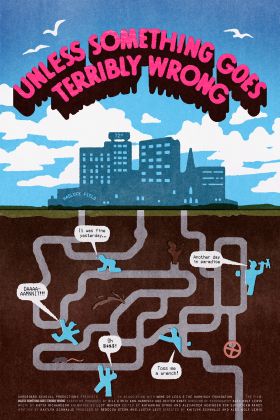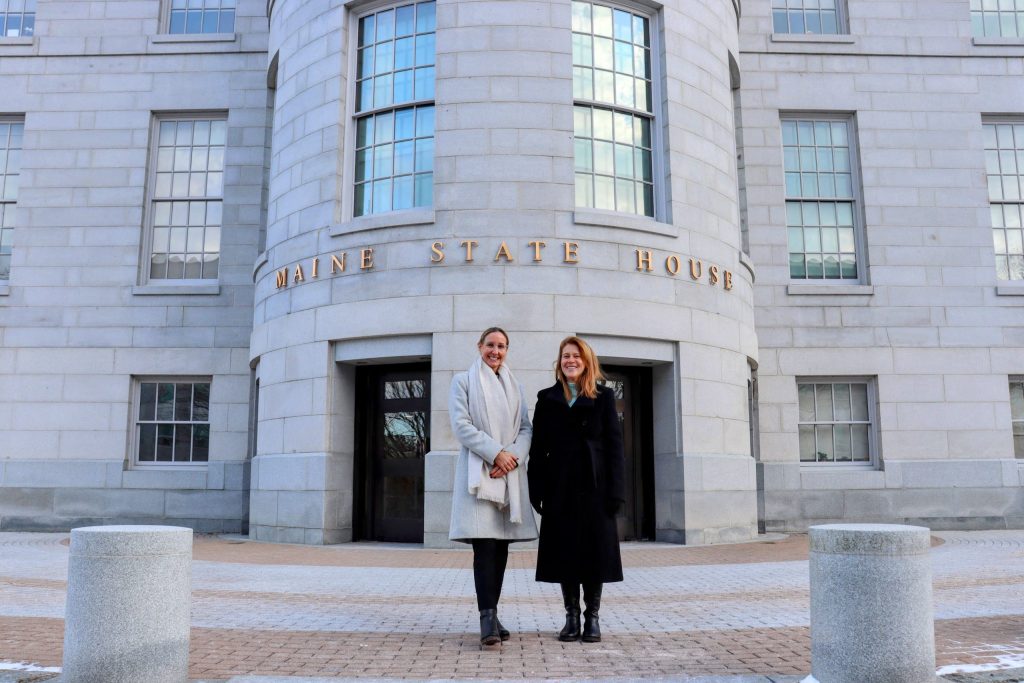
Standing Up for Casco Bay at the State House
Each year, Friends of Casco Bay heads to Augusta to advocate for clean water and coastal resilience. We track proposed laws, testify before the Legislature, and work with lawmakers to protect the health of Casco Bay. We show up with science and data, listen respectfully, and help lawmakers understand how proposed laws will impact coastal waters and communities. When bills are especially important, we count on Mainers like you to lend your voice to the effort—and you do!
We are grateful to have many allies through the Maine Environmental Priorities Coalition (EPC), a group of 39 organizations united in protecting Maine’s environment and public health. This collective effort helps us stay informed and impactful on bills beyond our individual capacity. From transportation to energy to public health, the work we do together makes us more effective in our efforts to protect the health of Casco Bay.
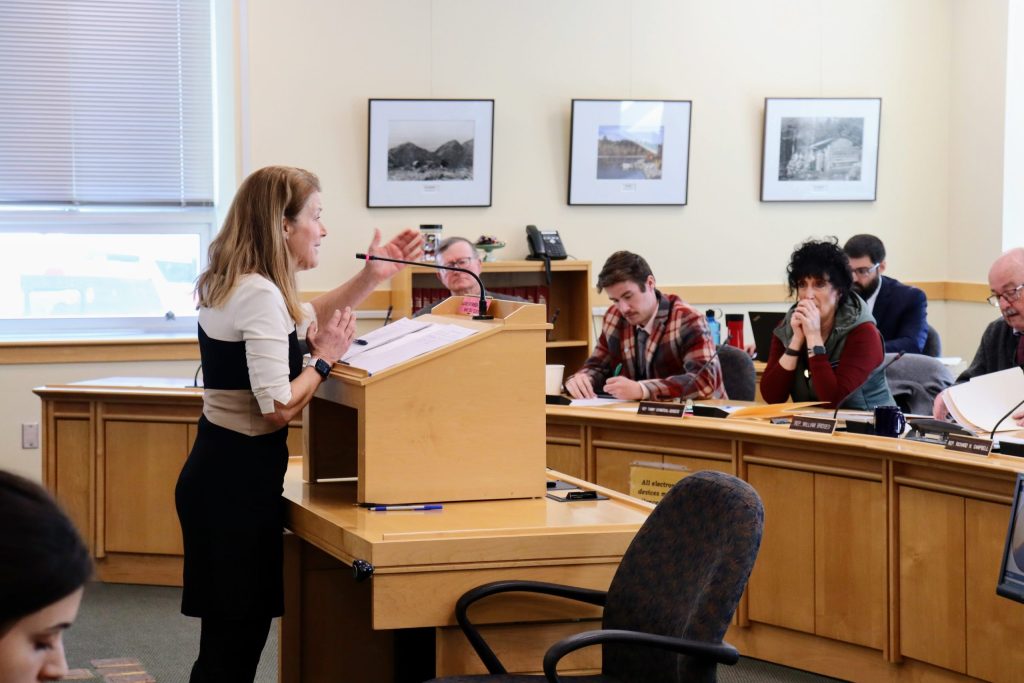
Session Highlights and Hurdles. This session presented real challenges. First, while state legislators usually strive for collaboration and cordiality, this session was marked by sharp divisions. The ripple effects often shaped the tone and progress of the session as a whole. Second, this was the first session since the pandemic to be fully in-person. Legislators worked long hours and considered more than 2,000 bills. That’s a heavy lift for a part-time Legislature! Third, legislators faced budget shortfalls and the collapse of federal funding. As a result, many strong policy ideas went unfunded or were carried over to the next session.
Despite these challenges, we remained focused on our role and mission.
Our Legislative Priorities centered on four key areas:
- Emerging contaminants: We kept our promise to take action on PFAS and protect the Bay from future AFFF spills.
- Storm resilience and stormwater pollution: We continued to push for smart solutions to these growing problems.
- Environmental rulemaking: We stood up for the democratic process, making sure environmental laws can be implemented.
- Reducing other sources of pollution: from septic systems to Styrofoam, we backed bills aimed at improving water quality.
Here is a look at some of the bills we worked on:
Emerging Contaminants: Responding to the AFFF spill in Brunswick
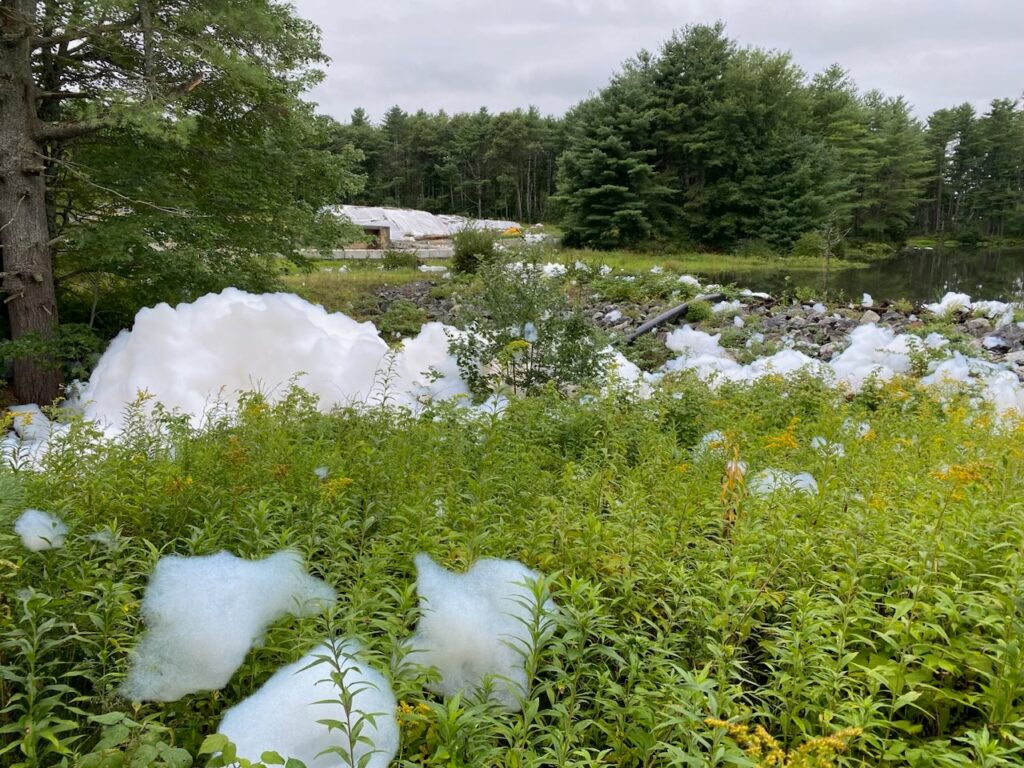
Last August, a major spill of firefighting foam (AFFF) at the former Brunswick Naval Air Station sent toxic PFAS chemicals into Harpswell Cove. Our water quality monitoring with Bigelow Laboratory showed the contaminants traveled up to eight miles into Casco Bay. (We will share the final results of our PFAS monitoring when they become available.) Representative Dan Ankeles (Brunswick) led the charge in Augusta with three bills aimed at preventing future spills.
LD 400: Creates a statewide inventory of firefighting foam. Passed and signed into law.
LD 222: Creates a safe disposal program for AFFF. Passed, but only partially funded.
LD 407: Requires immediate removal of AFFF from Brunswick airport. Passed and the foam has been removed!
Ensuring Maine’s PFAS laws remain effective
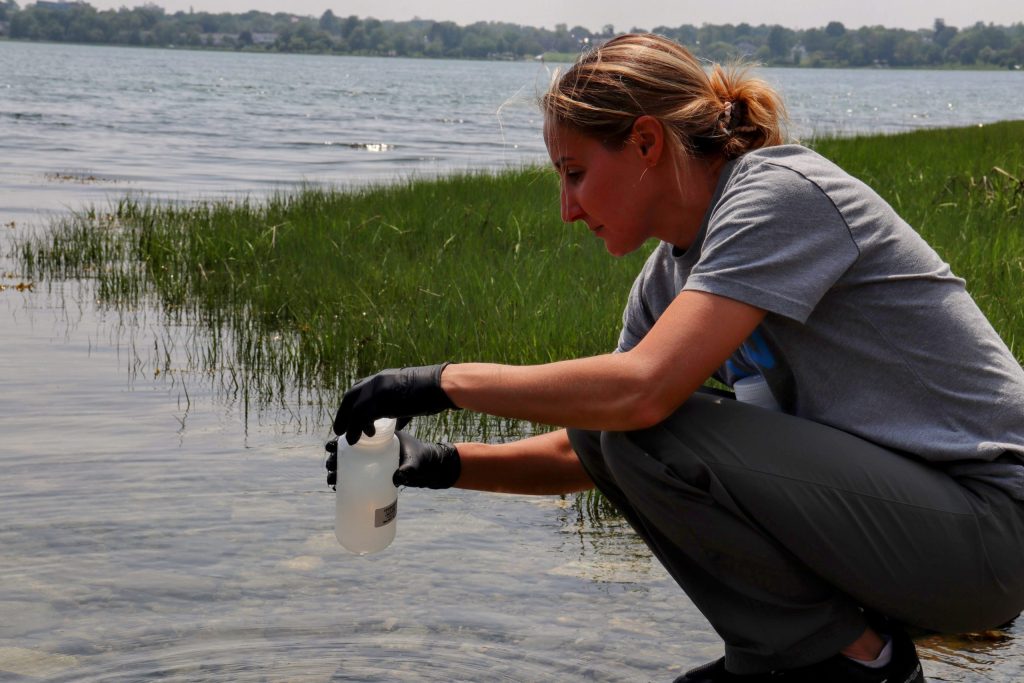
Science and Advocacy Associate Heather Kenyon collects a PFAS sample from Back Cove. Heather draws on this field experience when testifying and meeting with legislators in Augusta. Photo by Meghan Vigeant.
We also helped defeat bills that would have weakened Maine’s ability to regulate PFAS pollution:
LD 1982: Sought to narrow Maine’s definition of PFAS, potentially exempting harmful chemicals such as TFA, a dangerous PFAS byproduct. Defeated.
LD 1903: Under the Clean Water Act, states are responsible for setting their own water quality standards based on local conditions. This bill would have required Maine to automatically adopt any PFAS criteria recommended by the EPA, regardless of local needs or conditions. Defeated.
Reducing PFAS in Wastewater
LD 25: This $50 million bond would help wastewater plants process PFAS-contaminated sludge more safely with investments in dryers and digesters. Carried over to next session.
Protecting Casco Bay from Storms and Stormwater Pollution
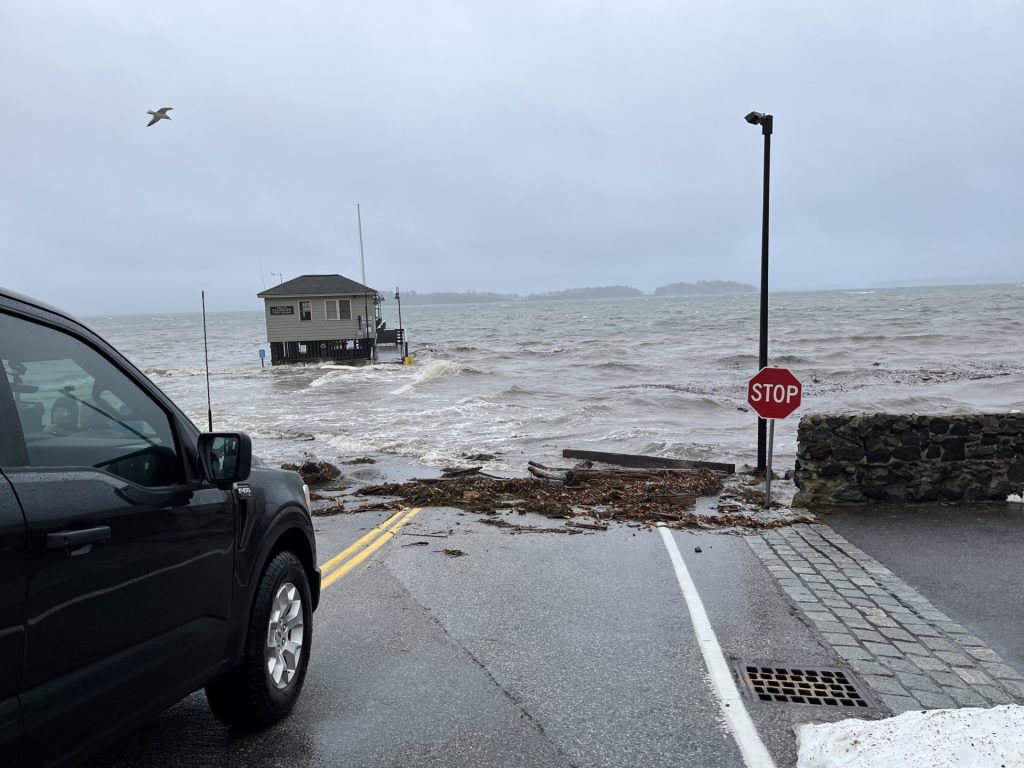
With storms growing stronger and more frequent, we continued working on policies to reduce polluted runoff and help coastal communities prepare.
LD 646: This resolve, developed with Rep. Art Bell (Yarmouth), directs the Legislature to study unmanaged stormwater and recommend next steps. Current protections do not address the impacts of road salt on freshwater tributaries or the cumulative effects of smaller-scale development. Carried over, still a priority.
LD 560: A proposed bond to help municipalities protect infrastructure and working waterfronts from sea level rise and storm damage. Also carried over.
Protecting Environmental Rulemaking
We joined colleagues to oppose efforts to undermine Maine’s ability to implement environmental laws. We helped defeat:
LD 1131: Would have made it harder for citizens to petition for rule changes. Defeated.
LD 490 and LD 965: Would have repealed agency rules every five years. Defeated.
LD 236: Would have made the citizen petition process more difficult. Defeated.
Reducing Other Sources of Pollution
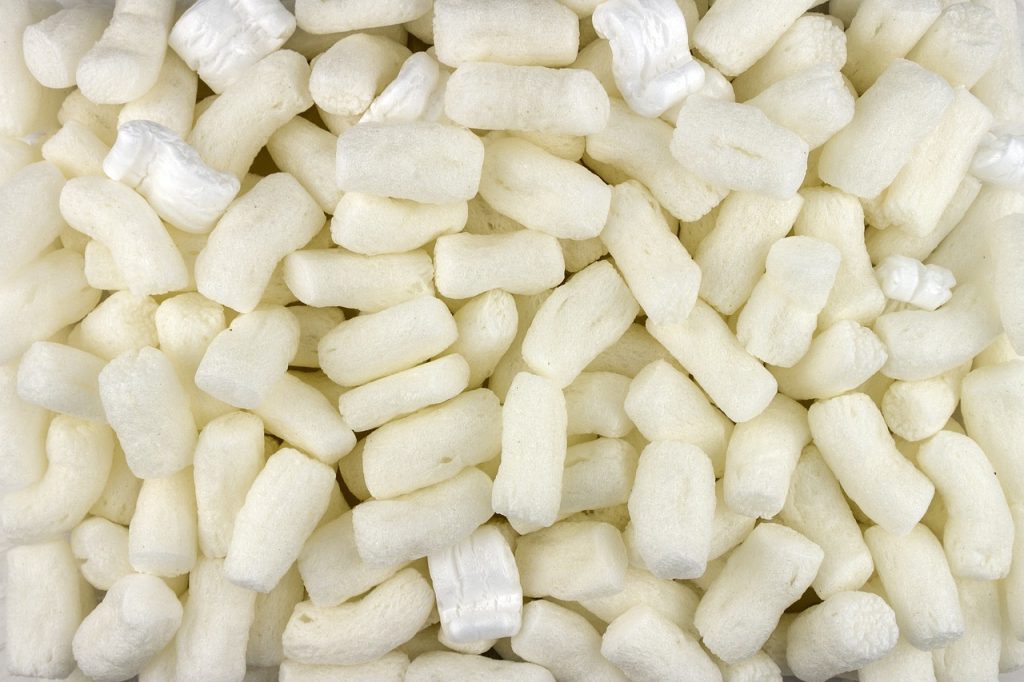
We supported bills that tackled pollution from multiple angles:
LD 476: Ban on styrofoam packing peanuts. Did not pass.
LD 1177: Moratorium on new synthetic turf fields. Amended to a study resolve; report due 2028.
LD 1323: Ban on neonicotinoids and treated seeds. Amended to a study resolve; report due 2027.
LD 1550: Updates to septic design in areas with coarse soils near the coast to reduce nitrogen pollution. Passed and signed into law!
Looking Ahead. Maine legislative sessions run for two years. With year one now complete, we will continue to work on our priorities and find solutions that can be accomplished in these lean budget and uncertain times.

